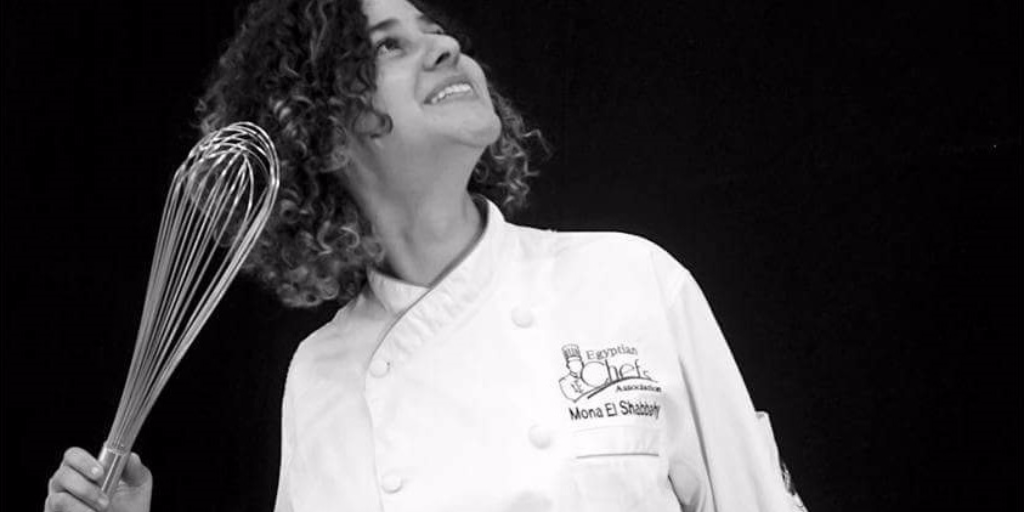Mona El Sabbahy had always wanted to become a chef. While the opportunity did not present itself as early as she had wanted, the Egyptian cook swept in the moment she could pursue the career of her dreams, despite social and cultural pressures. El Sabbahy talks to Egyptian Streets about her inspirational story, passion and fears. How was your life before you began your new career? I have wanted to become a chef ever since I was in school. Upon graduation from high school, there were no culinary schools in Egypt, so I decided to study abroad. While my family insisted that I obtain a degree from any faculty in Egypt, I enrolled in the faculty of fine arts, department of architecture. Architecture consumes all the time, energy, life and sleep of students, so there was not much that I could do. The revolution broke out and it was a turning point in my life. Apart from being the president of the cultural and political committee and vice president of the union, I was engaged in many political and humanitarian initiatives outside college, which resulted in my failing of my second year….
From Architect to Butcher: Egyptian Realises Her Dream of Becoming a Chef
March 18, 2017




